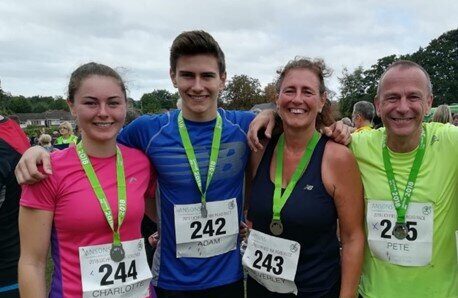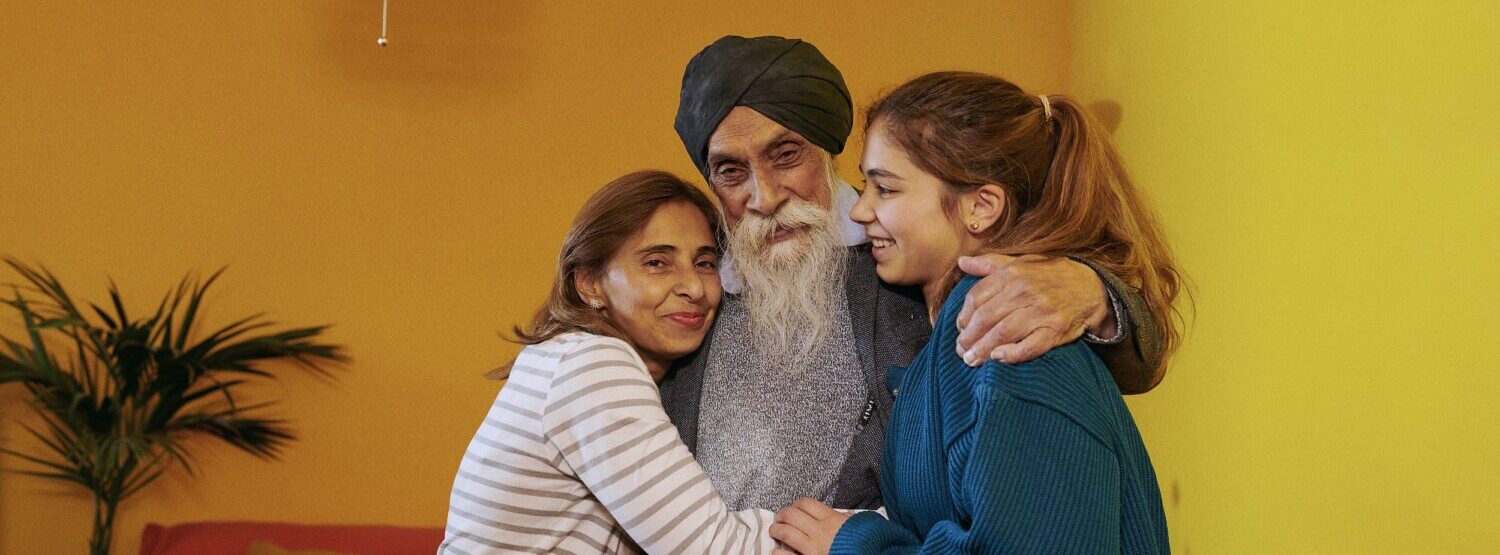
What red face? Battling insecurities and barriers to being active
Charlotte shares how insecurities stopped her being active.

Nearly a quarter of the adult population are inactive. Why differs from person to person. But there are some common themes.
If your friends or family aren’t very active, it’s useful to understand why. This can enable you to provide the support loved ones need to begin moving more. Talking to them will help you learn about their personal reasons. But if that’s not possible or they’re not forthcoming, these commons themes can help you gain a broader understanding.
Particularly for women, fear of judgement can be a huge issue. Many women are worried about being sweaty, having a red face, not being good enough or not knowing the rules. Photos of “sporty looking people” in publicity materials often compound these fears.
Some also worry that they will be judged for taking time out for themselves rather than working or looking after family.
Take a look at the This Girl Can website for activities and resources designed to tackle fear of judgement.
Starting is tough for anyone who hasn’t been active for a while. They might get out of breath quickly. They might feel sweaty and exhausted within minutes. And they might not be able to keep up with others who are active more often. That’s completely normal. But when you’re in that situation it can feel embarrassing and a lot of people worry that they will hold others up.
Apps like Active 10 and Couch to 5k are great for gradually building up movement without any fear of holding anyone up. Take a look at our Fitness Apps page for details.
Lack of time and energy are two of the main reasons people give for not moving more. This is particularly true for those who juggle work and caring commitments. To them, taking time out to exercise may feel selfish.
For others, stress and exhaustion zap their will to move. This creates feelings of guilt for those who recognise the importance of physical activity. And this can make physical activity seem like yet another pressure or thing to fail at.
Try adding movement into the time you spend with friends and family. Or encourage them to think about things that would make them feel better rather than telling them what to do.
“I hate sport” or “I’m not good at it” are phrases we hear a lot. These comments often stem from childhood experiences of PE and sport. But there are lots of different ways to be active. Walking, dancing in the kitchen and hula-hooping are all great ways to move.
Start from what your friends and family do enjoy and add movement in. This could be as simple as dancing to their favourite songs or litter picking to help them protect the planet.
This is one of the biggest barriers to being active. But it’s one where friends and family can make a huge difference. Research shows we’re far more likely to stick with an activity when we do it with friends. It’s much harder to skip a workout if we feel like we’ll be letting someone else down.
You could be just the motivation your friends and family need to move more.
Many people who live with long-term health conditions worry that being active will aggravate their condition or make symptoms worse. But, in many cases, physical activity can help improve symptoms and manage pain. The secret is to start small and build up gradually to enable the body to adjust.
Our Being active with a health condition page is full of condition-specific resources and support. But if your loved one is worried about being active then they should chat to their GP.